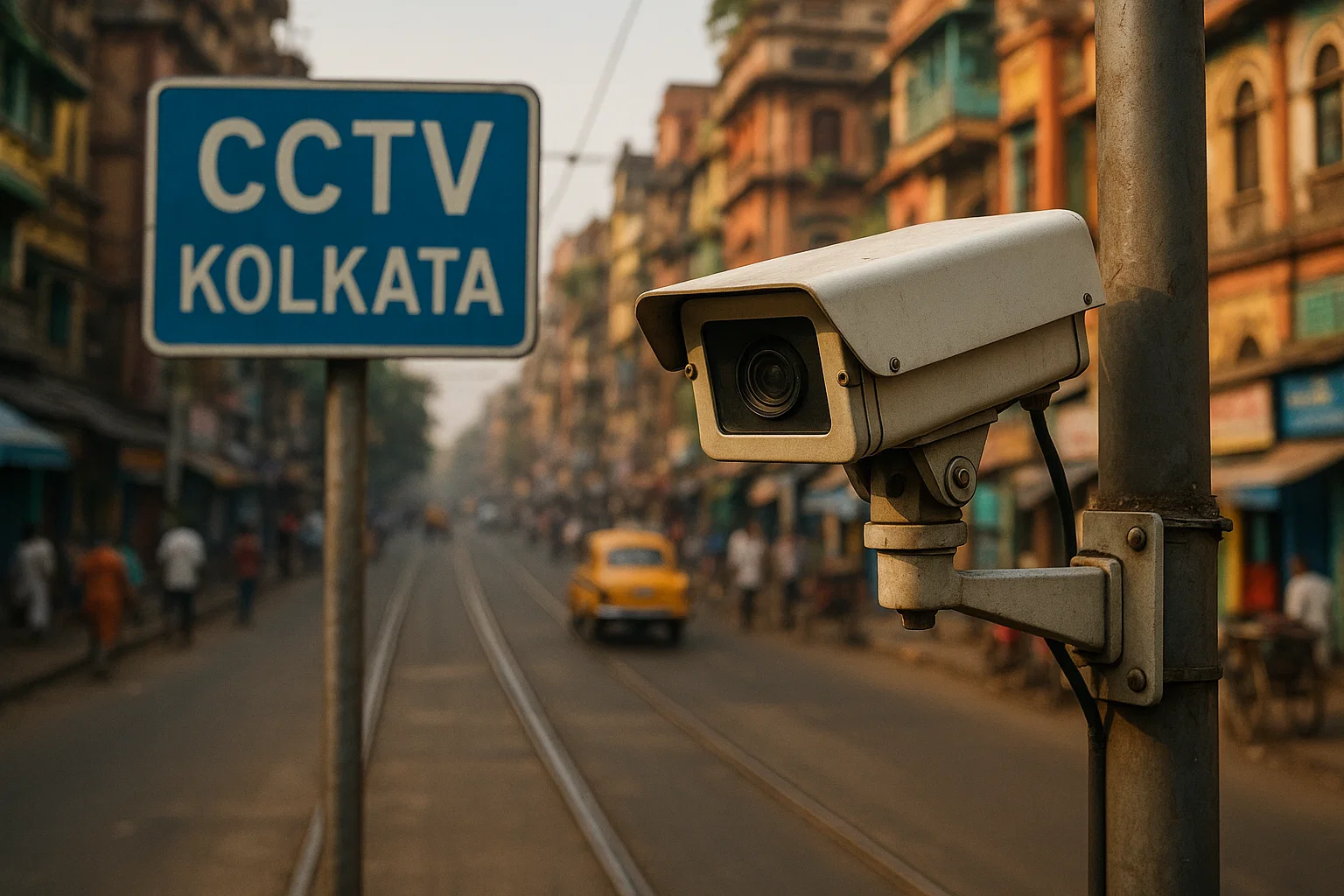To prevent data breaches and push domestic output, India now requires STQC certification for CCTV units, most of which are imported from China.
India mandates Standardisation Testing and Quality Certification (STQC) approval for CCTV systems, tying it to the BIS mark to enforce stronger cybersecurity and quality safeguards.
CCTV makers in India depend heavily on foreign firms for chips, processors, and software, with video footage from these devices often stored on servers operated overseas.
Live CCTV footage from vital areas—roads, homes, individuals, strategic points, and public spaces with lakhs of people—can now be accessed via a mobile app. STQC certification is designed to safeguard this data from leaks, including those caused by software tampering.
Authorities will issue licences only when it is ensured that CCTV data from India is not transmitted to foreign servers. Building on the standards introduced by Indian Railways in 2019, the Union Ministry of Electronics and IT has ordered that STQC certification is now compulsory under the revised Electronics and IT Goods Order.
Security and Quality Checks on Hardware and Software
For certification, CCTV hardware and software will be thoroughly examined, including design specifications, ports, and their usage. The regulation covers every CCTV unit made, imported, or sold in India. Sellers are responsible for validating STQC and BIS details, and firms lacking proper licences will be barred from participating in government tenders.
Protection and Alertness
A majority—over 80%—of CCTV modules come from China, with local firms mainly handling assembly. Despite hundreds of such companies in operation, only a limited number meet the updated certification standards. The latest mandate is expected to give a push to indigenous production.

